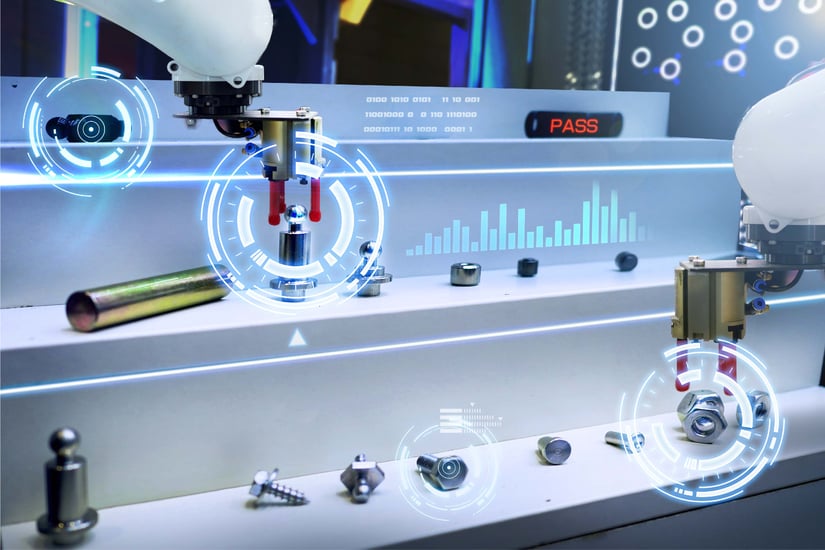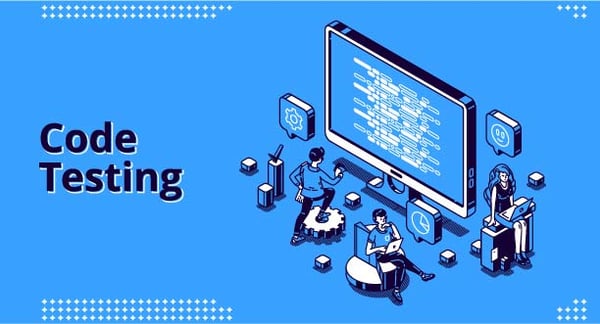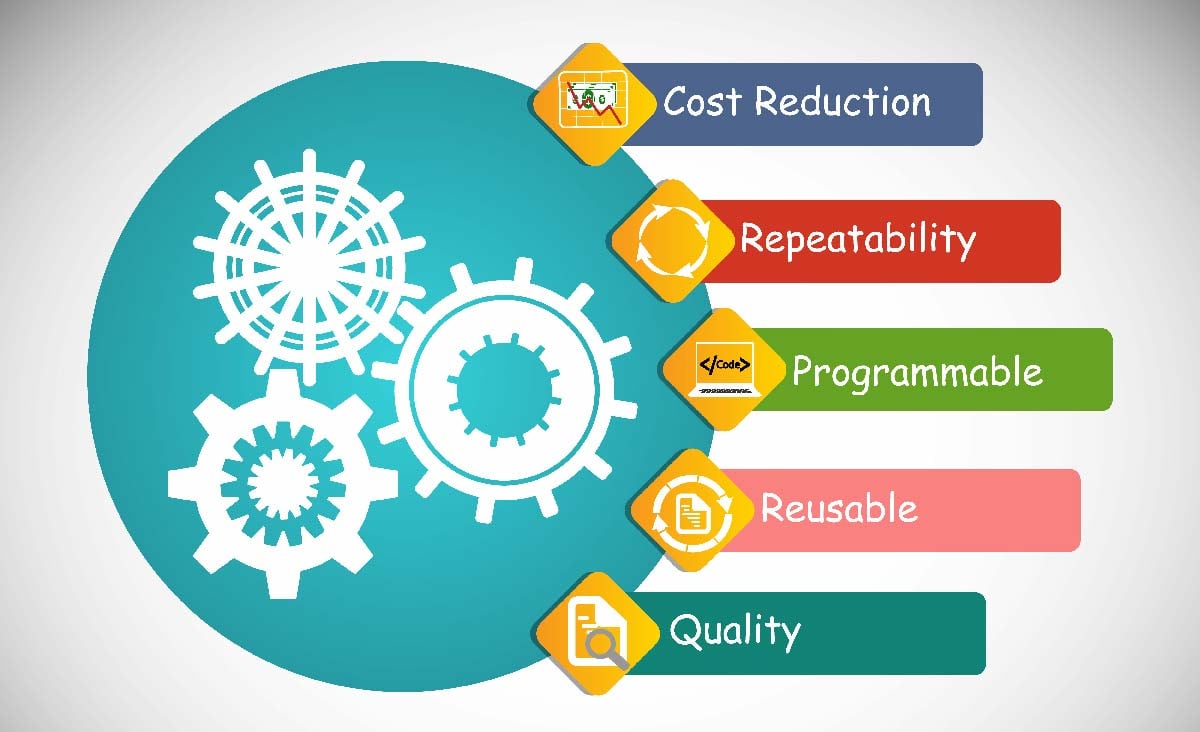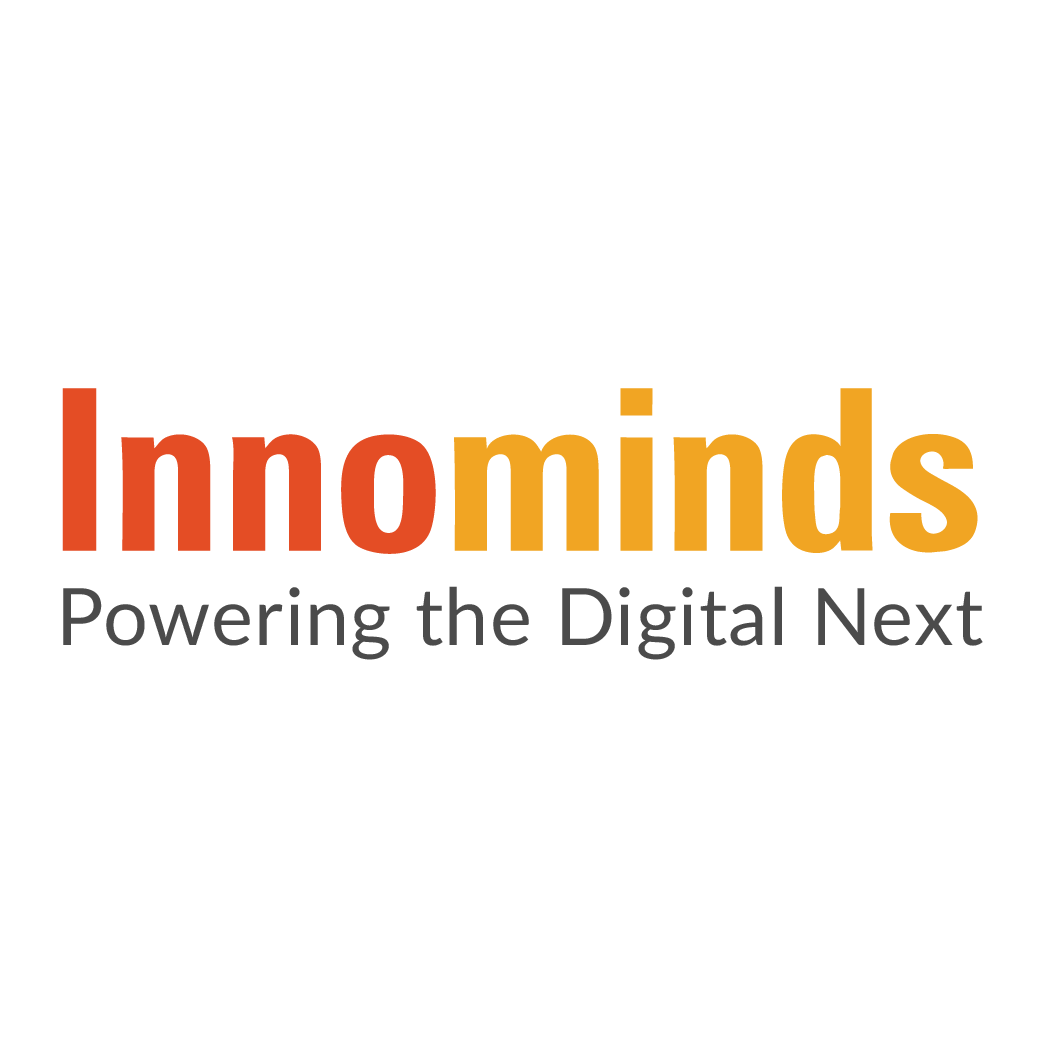Deliver high quality software with AI-powered test automation tools, by speeding-up software development and streamlining production and test cycles with minimal manual involvement in mundane processes

Testing has evolved over the years as software production and deployment has been levelled-up to meet industry expectations. The entry of automation through AI and ML and principles of DevOps, such as AI-driven quality engineering services has changed the landscape of testing into a more planned and well-defined approach than impromptu involvements.
This is exactly why there is plenty of talk around how automation will change the future of testing, as experts form their analyses sets those expectations. The upcoming Test Fest USA, 2020 event, marks an important discussion on such world-wide perspectives on testing advancements.
As we are waiting to see how the event will unfold and what opinions will drive new trends across the testing world, here are a few thoughts on how we see the future of testing with AI, ML, and IoT devices.
DevOps, SecOps, and now TestOps?
Previously, testing was done only at the end of everything. This has started to change in a lot of organizations with a few still hesitating on change. Automation scripts are inbuilt into every part of the development that can perform routine and patch tests without unnecessary expenditure of the tester’s time. Testers are also planning tests ahead of the development cycle, involving themselves even at the nascent stages.
As we know, DevOps has brought on the new culture of integrating operations throughout the development phase, making a Shift Left approach. The whole cycle of development with regular testing, maintenance and feature releases are consistently done in concurrence with the dev and ops teams, checking for security alongside. In fact, the lines of differentiation between departments are becoming thinner and thinner in terms of the timelines of involvement. Hence, we introduce terms like SecOps and TestOps, to emphasize on the importance of new parameters to product management.

TestOps is the newest emergent concept of testing along with development. Though it seems complicated, TestOps tools for automation can solve much of the confusion around it as companies proceed with implementation and finally achieve consistency in their processes.
TestOps identifies with the same patterns of DevOps, in looking at the ‘people, tools and processes’:
People
Significant changes to the development methodology must closely involve the teams working at it. Following a bottom-up approach, the teams are aligned with the expectations on the quality, structural changes and training information. They get familiarized with the new tools and the processes involved. The valuable inputs from these teams can add to the organizational strategy as coming from a functional point of view, helping in making informed decisions.
Tools
As unavoidable parts of the DevOps and testing strategy, the tools chosen to make the projects a success. In choosing the tools, again the respective teams and their adaptability, room for flexibility and skills set need to be considered thoroughly. Apart from matching with the budget, the tools and frameworks need to offer the maximum value for your particular product and use case. It’s not a ‘one size fits all’.
It’s wise, therefore, to not choose the popular but to do ample scrums before choosing a particular tool or framework.
Processes
Befitting the agile approach, any approach that involves operational changes need to move little by little. It’s not the ideal mindset to aim for the ultimate processes that someone else has and fumble during implementation. Processes follow-though with each small chunk of implementation and it gets defined throughout the life cycle of development.
That being said, automation is undoubtedly the future of Quality Engineering (QE) and testing.
AI-infused QE / Automation at Every Step
It is difficult to switch over to automation for every manual task out there, simply because it is not sustainable nor has AI and ML reached a point where it is made possible. But we can safely implement automation at every crucial juncture that will add to the derivation of insights from the testers themselves. Automation is also an ongoing process that is not a set and done process.
Gartner’s Strategic Planning Assumption report states, “By 2024, three-quarters of large enterprises will be using AI-enabled test automation tools that support continuous testing across the different stages of the DevOps life cycle”.
Many companies still restrict QE testing to just the front-end of development and the UI. This is quite inefficient, like just touching the tip of the iceberg. AI-driven test automation scripts can now be applied to tools validation, version-control, load, performance and of course, API testing. There are also several areas where you need to tread carefully when considering automation, like with regression testing.
While traversing the automation tools landscape, there may be plenty of open-source tools out there that can either be integrated into your go-to application or used extensively as separate entities. This saves the investment into resources during the procurement phase. A lot of open-source platforms serve as substitutes for several testing methods.
The objective of automation should be quality, and therefore the speed should complement quality of testing. The test automation scripts are also undergoing tests for this reason.
In summary, test automations posit these benefits:
Continuous testing
Like a smooth-running machine, all DevOps efforts that inculcate automation into the system, we aim to achieve continuous delivery through continuous integration and testing. Continuous testing can sniff out bugs in the development with pre-defined scripts that are fed into the system. These scripts are working scripts that has undergone rigorous analyses.
Continuous testing guarantees tests at the earlier phases of development, and it’s run for each change that happens during the software development life cycle (SLDC).
Script maintenance becomes easier
Building scripts upon scripts that can adjust to changes makes code maintenance a cake-walk. Newer tools in testing that are led by AI can do precisely that, by innovating on the spot for every new application interface change, or environment change. It may be hard to achieve this as a novice to TestOps, so it is better to rely on the fast-advancing tools in the market.
.jpg?width=9977&name=QE%20blog-01%20(1).jpg)
Self-healing systems
Test engineers need not run to the rescue every time a known bug occurs in the product’s life cycle. Self-healing systems learn from the large number of data collected that can train such models. This can fix broken ends in the front-end, or update dependencies etc.
Reports and insights generation
Perhaps one of the most useful sides to automated systems is the insights they can bring to the testers about what is working and what isn’t. The ability of the algorithms to categorise different data and find correlations and causations can create breakthroughs in building test automation scripts for a long time.
Internet of Things (IoT) and Challenges
The major challenges for IoT testing and quality assurance are with the technical and sociological aspects such as architecture and connection components, and security and data privacy. Balancing fast and easy connectivity with security of data is what QE means for the highly heterogenous hardware and software components of IoT. Service availability can be disrupted with even a small malfunction.
The major factors that are considered for the IoT application testing are:
- Communication and technologies protocols at the application level
- Sensors/actuators to test for slight variations in external environmental changes like temperature, humidity, pressure, etc.
- Backend simulations to control object behaviour
- Communication between various interactable devices
- Volatile and heterogenous data in high volume
- Cloud computing and cloud migrations for service extensibility
IoT mechanisms include data collection and processing, execution and a feedback mechanism in controlled environments for IoT assurance. AI-driven software testing will consider all these factors and build automation software for each IoT components. It requires rigorous analyses and comparisons with the desired outcomes.
Going the route of a service delivery to avoid the risky integrations and budget problems will be the best choice for any IoT-related projects.
Will automation put testers out of work?
A most frequented question as this is, it has also become the most valid question. Are testers the easiest replacements? Quite contrarily, automation can make the life of testers easier by taking away the most mundane and repetitive tasks.
Yet, the most daunting reality is that testers need to adapt to the changing climate with new tools and processes. The advent of automated processes such as Robotic Process Automation (RPA) and testing has reduced the dependency on humans, while keeping them away from taxing and risky situations. This will gradually improve the quality of a tester’s work, inevitably pushing them to change.
Automation has required the testing engineers to acquire new skills that expand their workability and adaptation to the future, as with any other industry. Top of the game testers are already focusing on learning new tool sets, relieving themselves of too much maintenance. The mantra is now, ‘less maintenance, more innovation’.
Value Stream Management (VSM) with Innominds QE

A measurable metric for quality in Quality Engineering is the business value it adds to the company. While more than 40% companies are still performing manual tests, Innominds finds it imperative to introduce automation into every stage of the development lifecycle.
Equipped with the right expertise, we implemented QE for one of our clients for their modern and multi-channel cloud apps for desktop, web and mobile platforms, IoT as well as immersive apps.
Through our implementations, the client was able to deploy testing tools for their apps and solutions across platforms and for all embedded applications.
We induced great value to the client’s business by eliminating complex layers of infrastructure components that required a squad of VDI specialists. This led to a reduction in their capex to a bare minimum while reducing TCO by more than 50%.
Besides, the newly integrated DevOps and testing capabilities helps the client to enhance and introduce new features in the future.
Do you want to see the same benefits for your business? Check out our QE services page:
Our QE portfolio consists of:
- Software Products and Applications – Testing and Automation
- Digital and Next Generation Applications – Testing and Automation
- Hardware Products, IoT, Mobility and Connected Devices - Testing and Automation
- Enterprise Applications and Packaged Applications - Testing and Automation
- Data and Analytics – Testing and Automation
- QE Consulting, Advisory and Transformation Services
- RPA and Intelligent Automation
- AI Led Quality Engineering Accelerators – iHarmony AI and iHarmony Embed
- Enterprise Security Services
Don’t forget to keep in line with the latest findings and expert opinion on QE implementation in the Test Fest USA, 2020 conference!
We have 15+ speakers, with 11 live talks, and more than 500 attendees, where you can network, find interesting people, and expand your knowledge and services network. We have arranged the talks to fit into just 4 hours, ensuring convenient timings for attendees from all over the world.




